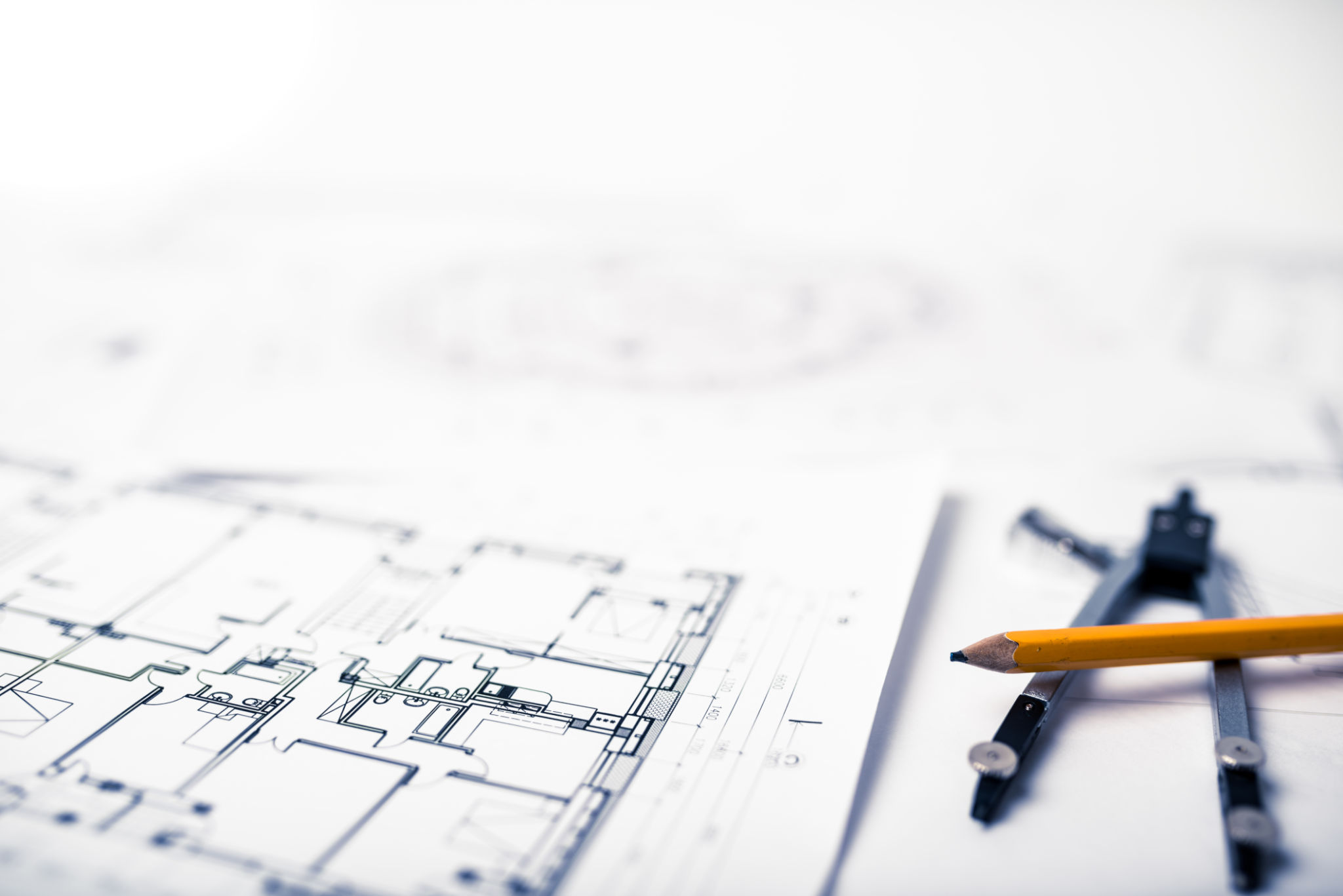The Ultimate Checklist for a Successful Construction Project in Auckland
Understanding the Scope of Your Project
Before breaking ground on any construction project in Auckland, it is crucial to have a clear understanding of the project scope. This involves defining the project's goals, timelines, and budget. Ensuring that all stakeholders have a unified vision will help in minimizing confusion and potential conflicts as the project progresses.
Start by creating detailed project plans that outline all phases of construction. This will serve as a roadmap for everyone involved, from architects to contractors, ensuring everyone is on the same page throughout the project lifecycle.

Assembling the Right Team
The success of a construction project heavily relies on the team executing it. Hiring experienced professionals, from project managers to skilled laborers, will make all the difference. In Auckland, it's essential to ensure that all team members are familiar with local regulations and building codes.
Consider the qualifications and experience of each team member. A well-coordinated team can significantly streamline the construction process and help in avoiding costly errors.

Securing Permits and Compliance
Navigating Auckland's building regulations and securing the necessary permits is a critical step. Failing to comply with local laws can result in delays and additional expenses. It's vital to work closely with local authorities to ensure all necessary paperwork is in place before starting construction.
Regularly consult with legal experts or consultants who specialize in Auckland's building regulations to stay updated on any changes that might affect your project. This proactive approach can save time and resources in the long run.
Budget Management
Effective budget management is essential for any successful construction project. Start with a comprehensive budget plan that covers all potential costs, including materials, labor, and unexpected expenses. Regularly review and adjust your budget as needed to reflect any changes in the project's scope or timeline.

Consider implementing cost-saving measures without compromising on quality. Bulk purchasing materials or negotiating better rates with suppliers can help in keeping the project within budget.
Ensuring Safety Standards
Safety should always be a top priority on any construction site. Implementing strict safety protocols and ensuring all team members are adequately trained will help prevent accidents and injuries. In Auckland, adhering to health and safety regulations is not only a legal requirement but also a moral obligation.
Regular safety audits and meetings can help reinforce safety practices and address any potential hazards promptly. Keeping a well-documented safety report can also be beneficial if any issues arise.

Monitoring Progress
Regular monitoring and evaluation of the project's progress are crucial for ensuring its success. Set up a system for tracking key performance indicators (KPIs) to ensure that the project stays on schedule and within budget. This will also allow you to make informed decisions if adjustments are necessary.
Use technology solutions like project management software to facilitate real-time updates and communication among team members. This transparency can significantly enhance coordination and efficiency.
Quality Assurance
Maintaining high-quality standards throughout the construction process is essential for delivering a successful project. Implement quality control measures at every stage of construction to ensure that all work meets the required standards.

Engage third-party inspectors for an unbiased assessment of the project's quality. Their feedback can offer valuable insights and help address any issues before they become significant problems.
Finalizing the Project
As the project nears completion, conduct a thorough review of all work done to ensure everything meets the agreed-upon specifications. Address any remaining issues promptly and ensure all necessary documentation is completed for a smooth handover.
Conducting a final walkthrough with stakeholders can provide closure and ensure everyone is satisfied with the outcome. Celebrating the project's successful completion is a great way to recognize the hard work and dedication of everyone involved.
